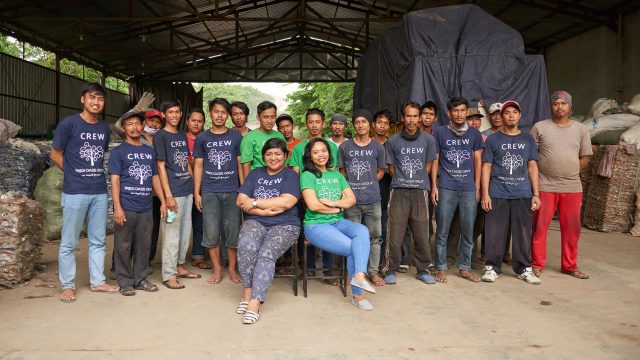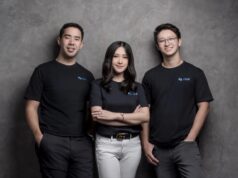A pair of Indonesian recycling firms have received significant funding as they look to address the country’s growing plastic waste disposal issues. Tridi Oasis Group was awarded an undisclosed amount from the Circulate Capital Ocean Fund while Waste4Change was backed by a trio venture capital outfits.
Indonesia has struggled to solve the plastic waste problem pervasive in the country. It’s estimated the 20 percent of Indonesia’s plastic waste ends up in rivers or coastal waters. A report from a report from the Ocean Conservancy and the McKinsey Center for Business and Environment, found China, Indonesia, the Philippines, Vietnam and Thailand are responsible for nearly 60 percent of the plastic waste leaking into the ocean.
The Indonesian recycling firms will use the funding to continue their efforts to combat plastic waste leakage. Tridi Oasis will share a USD 6 million investment with another recycling company, India-based Indian Lucro.
The firm’s CEO Dian Kurniawati told the Jakarta Post that it will use the investment to build a larger recycling facility outside of Jakarta. It will also look to add capacity that allows the company to recycle other types of plastic. Currently, Tridi Oasis focuses on recycling polyethylene terephthalate (PET) plastic.
The majority of the company’s customers are based outside of Indonesia, but Dian expects domestic demand to rise in the coming years.
“We are also aware that the Indonesian government has set a target to reduce marine plastic debris by 70 percent by 2025,” Dian explained. “So, we have definitely seen an increase in awareness of the importance of implementing a plastic circular economy at home.”
See more: Big business leads recycling charge in Vietnam
Waste4Change thinks recycling can be big business in Indonesia
Another Indonesian recycling firm, Waste4Change, also received funding this year. Venture capital firms Agaeti Ventures, East Ventures and SMDV all invested in the company.
Waste4Change Founder M. Bijaksana Junerosano revealed the money will go towards the company’s goals of managing up to 2,000 tons of waste per day by 2024. And while better waste management will help Indonesia combat its plastic waste problem, there is also a positive business impact that needs to be considered.
“Indonesia could gain a potential USD 7 billion from implementing better waste management and an additional USD 28 billion from implementing a holistic value chain with the circular economy model,” Bijaksana reported.
See more: Southeast Asia has a plastic waste problem


































